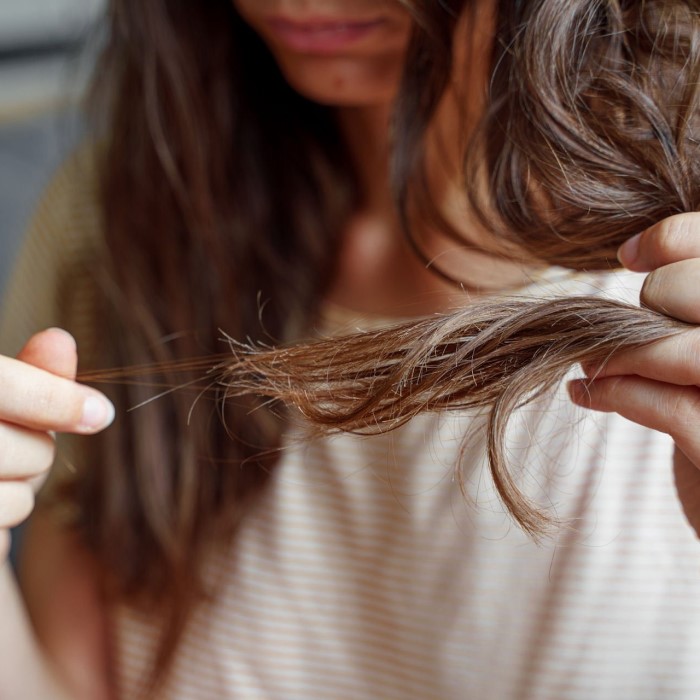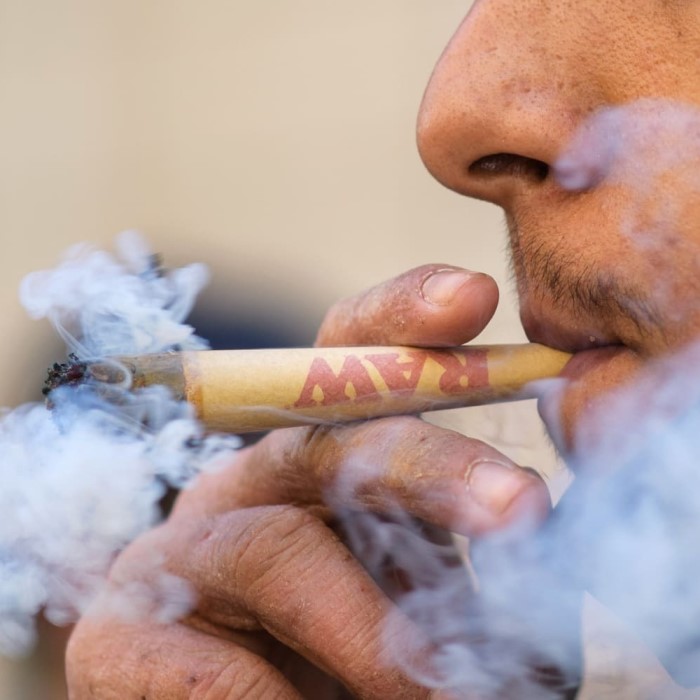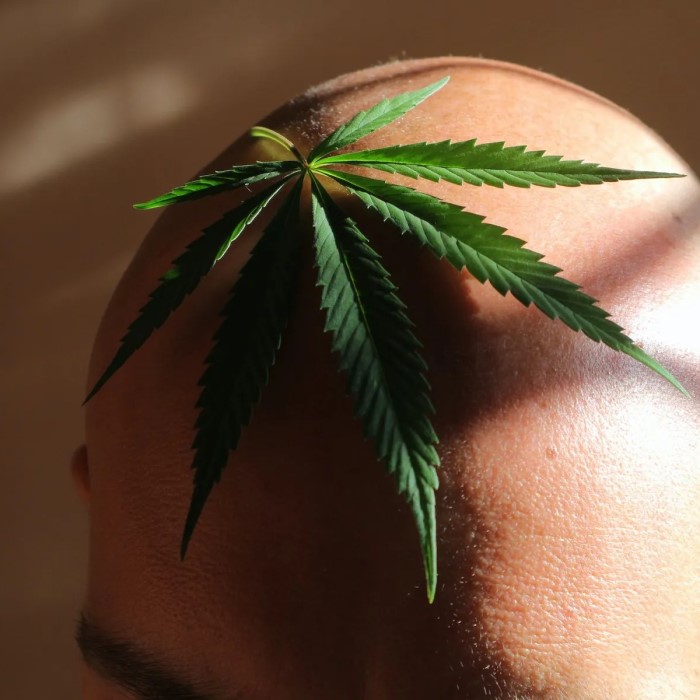
Can Weed Cause Hair Loss? Effects on Your Scalp and Follicles
Introduction to Cannabis and Its Effects
When discussing the topic of hair loss, many people wonder, can weed cause hair loss? While cannabis has been a part of human culture for centuries, its effects on health, particularly hair health, remain a subject of ongoing debate. In this article, we will examine the relationship between cannabis use and hair loss by considering scientific studies, anecdotal evidence, and other contributing factors to scalp and follicle health.

THC: The Psychoactive Element
THC is the compound responsible for marijuana’s psychoactive effects. It affects the brain and causes alterations in mood, perception, and behavior. THC interacts with receptors in the brain, leading to feelings of relaxation or euphoria.
CBD: The Non-Psychoactive Compound
CBD is non-psychoactive and is often associated with therapeutic benefits. Many use it to manage pain, reduce anxiety, or treat inflammation. CBD does not cause the “high” effect.
Cannabis Consumption Methods
People consume cannabis in many forms, including smoking, vaping, edibles, and oils. Each method impacts the body differently. Smoking weed influences the respiratory system, while edibles take longer to affect but offer prolonged effects.
Effects on Health
Cannabis can affect mental and physical health over time. Some report relaxation and pain relief, while others experience anxiety, dependency, or other adverse effects. Its impact varies based on composition, dosage, and an individual’s response.
Understanding cannabis and its effects helps identify how it may influence hair health and overall well-being.
The Relationship Between Weed Consumption and Hair Health
Can weed cause hair loss? Cannabis consumption has various effects on the body, including possible impacts on hair health. While not directly proven, some research and observations suggest a connection between weed use and hair loss. This connection depends on factors such as frequency of use, the presence of THC, and individual health conditions.
How Cannabis Might Affect Hair Health
- Impact on Hormonal Balance: Cannabis, especially THC, can influence hormonal levels in the body. Disrupted hormones, like elevated cortisol or lowered testosterone, can contribute to hair loss.
- Nutritional Imbalance: Frequent weed use may suppress appetite. If it leads to poor nutrition, the body may lack essential nutrients needed for hair growth.
- Stress and Anxiety: While some use weed to relieve stress, overuse or dependency can contribute to anxiety. Stress is a known trigger for hair loss conditions such as telogen effluvium.
- Lifestyle Factors: People who use cannabis may adopt certain habits, such as irregular sleep patterns or unhealthy diets, which can negatively affect hair health.
Mixed Research and Personal Variations
It’s essential to note that evidence linking weed to hair loss remains inconclusive. Some individuals may experience adverse effects on hair growth, while others see no noticeable impact. Personal health, genetics, and lifestyle choices often influence these outcomes.
Understanding the relationship between weed and hair health requires considering all these factors. Determining if cannabis directly causes hair loss, or if it indirectly contributes through related behaviors, is a complex issue.
Potential Causes: How Marijuana Might Affect Hair Growth
Can weed cause hair loss? Marijuana may influence hair growth directly or through related factors. Several potential causes could explain this relationship:
- Hormonal Disruptions: Marijuana, particularly THC, can affect hormone levels. Imbalanced hormones can disturb the hair growth cycle.
- Hair Growth Cycle Interference: Disruptions in the anagen (growth) phase could lead to thinning hair over time.
- Poor Diet and Nutritional Deficiency: Regular weed use can suppress appetite. Lack of nutrients like zinc, iron, and biotin may weaken hair.
- Reduced Blood Circulation: Cannabis may reduce blood flow to the scalp. This can affect the hair follicles’ health.
- Oxidative Stress: Chronic marijuana use might increase oxidative stress. This can damage hair follicles and lead to hair loss.
- Increased Cortisol Levels: THC can trigger elevated cortisol, the stress hormone. High cortisol levels are linked to hair shedding.
- Impact on Sleep: Marijuana may disrupt sleep patterns in some users. Poor sleep can hinder hair repair and growth.
Each factor may contribute differently depending on individual health and usage patterns. The extent of marijuana’s impact on hair growth varies greatly from person to person.
The Role of THC and Hormonal Changes in Hair Loss
THC, the psychoactive compound in cannabis, can affect hormone levels in the body. Hormonal balance plays a crucial role in hair health. When disrupted, it may contribute to hair loss over time.
THC and Increased Cortisol Levels
THC consumption can elevate cortisol, the body’s stress hormone. High levels of cortisol are linked to telogen effluvium, a condition causing temporary hair shedding. Excess stress weakens hair follicles and disrupts their growth cycle.
THC and Reduced Testosterone Production
Studies suggest THC might lower testosterone levels in some individuals. Testosterone supports healthy hair growth. Reduced testosterone can lead to sensitivities in hair follicles, causing thinning or shedding.
Hormonal Shifts Impacting Hair Growth Phases
Hormonal changes due to THC can disrupt the hair growth cycle. It may shorten the anagen phase, leading to slower growth. Over time, this results in thinning hair and possibly increased hair loss.
Influence on Endocannabinoid System
THC interacts with the endocannabinoid system, which regulates hormones in the body. Disruption in this system can affect hormonal signals vital for healthy hair growth.
Understanding THC’s role in hormonal changes highlights its potential impact on hair loss. Effects vary based on individual health and frequency of weed usage. Maintaining hormonal balance is crucial for healthy hair.
The Impact of Smoking Weed on Scalp and Follicle Health
Smoking weed can potentially affect the health of your scalp and hair follicles. While research is still ongoing, several factors may link smoking weed with hair problems.
Reduced Oxygen and Nutrient Supply
Smoking can reduce blood circulation, limiting oxygen and nutrients to the scalp. Proper blood flow is essential for healthy hair follicles. A lack of nutrients can weaken hair and inhibit hair growth over time.
Harmful Toxins and Scalp Irritation
Weed smoke contains harmful chemicals that may irritate the scalp. This irritation can weaken hair roots and lead to hair fall. Exposure to these toxins also increases oxidative stress, which can damage hair follicles.
THC and Sebum Production
THC may affect sebum (oil) production on the scalp. Imbalanced sebum levels can clog hair follicles. This can result in conditions like dandruff or folliculitis, which hinder hair growth.
Fluctuating Scalp pH Levels
Smoking weed might alter the pH level of your scalp. A disrupted pH can cause dryness or excessive oiliness. Both conditions can contribute to poor scalp health and hair issues.
Secondary Factors
Smoking weed can influence lifestyle choices, like inadequate sleep or poor hygiene. These habits further impact scalp and follicle health. Over time, these factors may contribute to hair thinning or loss.
Improving scalp health requires addressing these factors. Quitting or limiting smoking, maintaining a balanced diet, and a proper hygiene routine can help maintain hair health.
Stress, Lifestyle Choices, and Weed Usage as Contributing Factors
Stress and lifestyle choices play a significant role in hair health. Weed usage can influence these factors, affecting the overall health of your hair.
Stress and Its Effect on Hair
- Stress Can Trigger Hair Loss: Chronic stress is a common cause of hair conditions, such as telogen effluvium. This condition pushes hair follicles into a resting phase, leading to shedding.
- Weed and Anxiety: While weed can provide temporary relaxation, overuse may increase anxiety and stress. High stress can exacerbate hair loss.
- Cortisol Levels and Hair: Stress raises cortisol levels in the body. Elevated cortisol can weaken hair follicles, leading to hair shedding.
How Lifestyle Choices Matter
- Diet and Nutrition: Poor dietary habits from weed-induced appetite changes may lead to nutrient deficiencies, impacting hair growth.
- Exercise and Blood Circulation: Regular exercise promotes blood circulation, essential for healthy hair. Weed use may sometimes lead to reduced physical activity.
- Sleep and Hair Repair: Weed may disrupt sleeping patterns, affecting the body’s ability to repair damaged hair.
- Hygiene and Scalp Care: A neglected scalp routine due to weed-induced laziness may lead to issues like dandruff or infections.
Weed Usage and Its Influence on Lifestyle
- Altered Routines: Prolonged weed consumption can lead to changes in daily habits, including irregular meals and sleep.
- Dependency Risks: Dependency can worsen stress and impact the body’s ability to maintain hair health.
- Overall Well-being Impact: Weed impacts physical and mental health, indirectly affecting hair growth and condition.
Reducing stress and adopting healthy lifestyle practices is essential to minimize hair loss. Couple these efforts with mindful weed consumption to improve overall well-being.
Myths vs Facts About Weed and Hair Loss
The relationship between weed consumption and hair loss is surrounded by both myths and facts. It is crucial to separate misconceptions from scientific evidence to understand the impact of cannabis on hair health.
Myth: Weed Directly Causes Permanent Hair Loss
It is a common belief that marijuana directly causes irreversible hair loss. However, there is no solid scientific evidence directly linking weed to permanent hair loss. Hair loss occurs due to a variety of factors, including genetics, hormones, and lifestyle.
Fact: THC Can Influence Hormones
Cannabis contains THC, which can impact hormone levels, especially cortisol and testosterone. Elevated cortisol levels are known to trigger temporary hair loss, while reduced testosterone may affect hair growth in certain individuals.
Myth: Any Cannabis Use Leads to Hair Thinning
Not all cannabis use results in hair thinning. The frequency and method of consumption, along with personal health factors, play a role. Occasional weed use might not significantly affect hair health for most people.
Fact: Cannabis Can Impact Nutrition
Frequent cannabis use may suppress appetite in some individuals. A lack of essential nutrients, such as iron, zinc, and biotin, can weaken hair health. A poor diet, whether related to weed use or not, negatively affects hair growth.
Myth: Smoking Weed Is Worse for Hair Than Other Consumption Methods
It’s often said that smoking weed is the most harmful to your hair. While smoking can lead to oxidative stress and scalp irritation, other methods, like excessive cannabis intake through edibles, also impact overall health, indirectly affecting hair.
Fact: Lifestyle Changes Linked to Weed Can Influence Hair Health
Weed use can lead to lifestyle habits like disturbed sleep and reduced exercise. These factors contribute to inhibited hair repair and poor blood circulation, which are important for hair health.
Myth: All Users Experience Hair Loss
Not everyone who uses marijuana will experience hair loss. Individual genetics, the body’s response to cannabis, and overall lifestyle habits play a significant role in determining hair health.
Fact: Stress Related to CBD or THC Can Affect Hair
While CBD can reduce anxiety for some, excessive THC use may increase stress. Stress is a known trigger for hair loss conditions like telogen effluvium.
By understanding these myths and facts, users can make informed choices about cannabis and their hair health. Further research may offer deeper insights into these claims in the future.
Tips to Mitigate Hair Loss and Promote Healthy Growth
Taking care of your hair is essential for maintaining its strength and health. If weed usage or lifestyle choices are affecting your hair, there are measures you can take to promote growth and prevent further hair loss.
1. Maintain a Nutrient-Rich Diet
A balanced diet is vital for healthy hair growth. Include proteins, vitamins, and minerals like iron, zinc, and biotin. Avoid weed-induced appetite suppression by planning nutritious meals. Stay hydrated to ensure proper moisture balance for hair.
2. Manage Stress Levels
Reduce stress through yoga, meditation, or regular exercise. Avoid overuse of weed, especially high-THC products, to reduce cortisol levels. Manage anxiety proactively to prevent hair loss linked to stress.
3. Adopt Good Lifestyle Habits
Maintain consistent sleep schedules to allow your body to repair hair damage. Avoid excessive smoking or vaping of weed, as it can reduce blood flow to the scalp. Get regular physical activity to boost circulation to hair follicles.
4. Pay Attention to Scalp Care
Keep your scalp healthy by washing it with gentle, sulfate-free shampoos. Prevent dandruff and irritation by maintaining proper hygiene. Use products that balance scalp pH levels and provide nourishment for hair follicles.
5. Limit Weed Consumption
Avoid frequent and heavy cannabis use to reduce hormonal disruptions. If you use weed, be mindful of your intake and choose lower-THC or non-psychoactive CBD products to minimize side effects.
6. Consult a Professional
Seek advice from a dermatologist or healthcare provider. They can assess your hair concerns and suggest targeted treatments. Discuss your weed use and any habits that may be affecting your hair health.
7. Consider Targeted Treatments
Explore over-the-counter topical treatments, such as minoxidil, for promoting hair growth. Use natural oils like coconut oil or argan oil to nourish hair and prevent breakage. Avoid harsh treatments and excessive heat styling.
By combining healthy habits, mindful weed consumption, and proper hair care, you can improve your hair health. Prevention is key, so focus on making positive lifestyle changes to protect your locks in the long run.
Conclusion: The Need for More Research
Can weed cause hair loss? In summary, whether weed can cause hair loss is not a straightforward question. While there are potential pathways through which cannabis might impact hair health, including hormonal changes, blood circulation, and lifestyle choices, conclusive scientific evidence is scarce. Individual experiences vary widely, and numerous factors contribute to hair health.
If you’re concerned about hair loss and cannabis use, it’s wise to consult a healthcare professional. They can guide you through your specific situation, including dietary considerations and changes in cannabis usage. Remember, prioritizing scalp health, maintaining a balanced diet, and addressing stress are vital components in the battle against hair loss.
In the end, while cannabis is a widely discussed topic with many claims surrounding its effects on health, it’s essential to remember the broader context. Focus on holistic well-being and informed choices regarding cannabis use and its potential impact on your hair.




